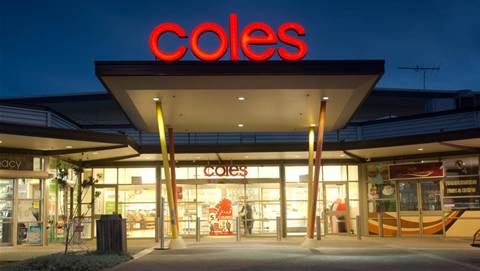CSR, the maker of iconic building products like Gyprock and Bradford insulation, has invested several years into data architecture and the creation of new datasets that shed light on its manufacturing and transport operations.

Chief information officer Cameron Webb told the SAP NOW A/NZ conference this week that the company had “one primary dataset” - finance data - held in its SAP enterprise resource planning (ERP) and data warehouse (BW) platforms.
Webb said that CSR wanted an analytics capability that would “be fit-for-purpose” into the future.
That led to a range of activities, aimed at improving data fidelity as well as the support infrastructure, which now includes Azure Data Lake.
Webb said the work had resulted in “new datasets that we have now been able to utilise”, calling out two examples in transportation and manufacturing.
“We implemented SAP TMS [transport management system], and for the first time we had volumetric data alongside the financial data of our transport,” Webb said.
“If you think about our products, they’re very bulky or heavy or fragile, and so freight for us relative to most businesses was a very big expense, and we had really poor understanding of what was driving that, and very poor visibility about the opportunities.
“Since we’ve [uplifted] that, making that information available to our business team, our transport efficiency has just improved incredibly, better than what we thought it would, and it’s just purely through access to data.”
The company has made similar gains in its manufacturing operations from better access to data.
“This sounds odd for a manufacturer, but the second dataset was inventory data, at SKU [stock keeping unit] level, by factory, by location, where we’re supplying customers,” Webb said.
“That really came [about] as a result of a planning process, but it created another dataset that we could make available to business users, and so we have a much better handle on the state of our inventory and its location, but more than that we have a really good understanding of the other things that are wrong that we can now go after to improve other parts of the business.”
Webb said the “next phase” of CSR’s analytics efforts would likely involve machine learning.
“The scale that it can work at and the insight it can generate just extends human capability,” he said.
“Into the future, good architecture and good business questions will be significantly improved by the use of AI and ML.”
He said there was also “a lot of discussion about generative AI in the business” but noted that interest was particularly observed in certain areas such as marketing.



.png&h=140&w=231&c=1&s=0)









.jpeg&h=271&w=480&c=1&s=1)








